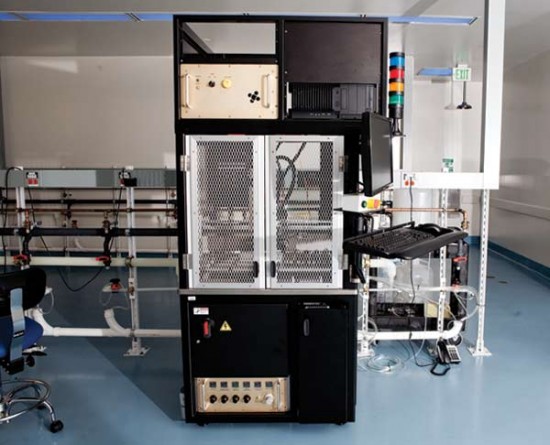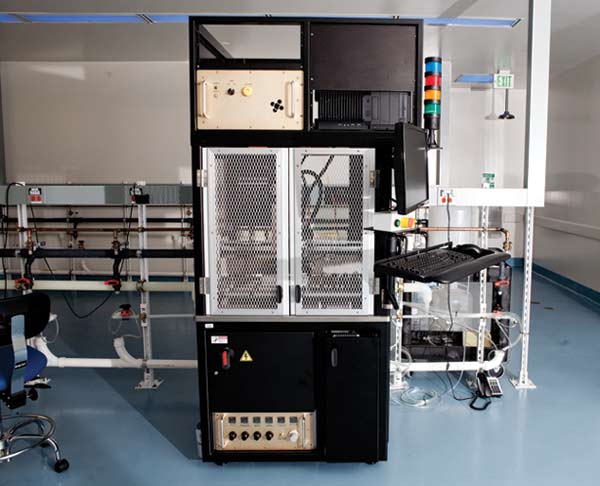Rewriting Life
Complete Genomics--Fast, Cheap Sequencing Service



Companies are struggling to make it fast, affordable, and profitable to sequence individuals’ genomes–a tall order considering that until late 2008, fewer than 10 human genomes had been sequenced, and those at considerable expense. Four-year-old startup Complete Genomics, based in Mountain View, CA, thinks it has cracked the problem. It demonstrated its technology by sequencing what it claims were more than 50 genomes in 2009. Now it is scaling up its facility to sequence, it says, as many as 5,000 individual genomes in 2010, with 10,000 genomes a year thereafter, at $1,500 to $5,000 each.
The key to the company’s technology is the ability to analyze more than a billion amplified particles of DNA on a single microscope slide. Putting so much information on a single array reduces the number of slides and the amount of expensive reagent required to sequence a genome, and it speeds up digital imaging. Rather than selling its sequencing technology in the form of machines, reagents, and software, as its competitors do, Complete Genomics sells sequencing as a service, taking orders from researchers who FedEx samples to the company–eight genomes minimum, no maximum. “That’s a very easy business to scale up quite rapidly,” says CEO Clifford Reid.
For now, the company is taking advantage of the pent-up demand for sequencing among researchers, who have already placed orders ranging from tens to hundreds of genomes. After the initial research rush passes, Complete Genomics hopes to enter consumer and medical markets. The continuing drop in prices (see “A Moore’s Law for Genetics”) leads some experts to predict that soon the genome of every newborn will be sequenced at birth. That’s more than four million genomes per year in the United States alone. And most oncology researchers believe that sequencing the DNA of a patient’s tumor will one day be the key to effective treatment. Because every cancer seems to have its own set of mutations, its entire genome will be sequenced as if it were a person.
Given the potential demand, Reid is bullish. He says, “We expect to open 10 sequencing centers around the world that, collectively, will have the ability to sequence one million genomes over the next five years.”